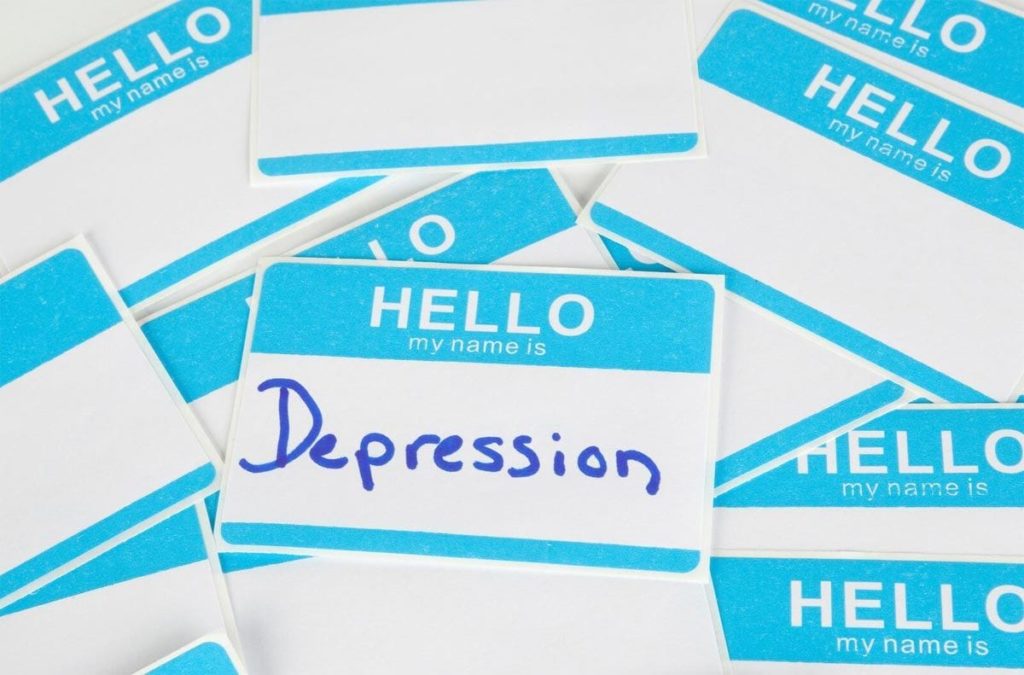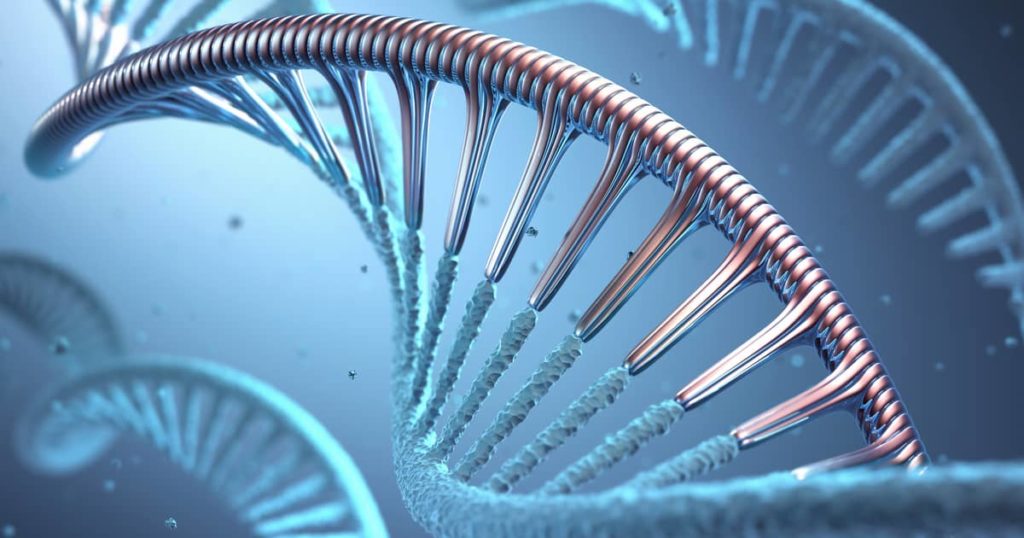Psychological trauma is the response to an event that challenges your sense of safety, leaving you feeling unable to cope. When experiencing or witnessing a traumatic event, the body’s fight-or-flight response takes over, producing a rush of stress hormones, including cortisol. This response usually decreases, and cortisol levels return to normal shortly after the event. However, sometimes, this stress response gets stuck, and the brain cannot correctly process trauma, resulting in a host of challenges.
At The Ranch, we know that unresolved trauma is directly linked to numerous mental health issues, including substance use disorders (SUD), PTSD, anxiety, and depression, among others. In our residential PTSD treatment program, we provide personalized treatment utilizing a combination of evidence-based and holistic therapies. Contact us online or call 1.844.876.7680 to learn how we can help you or a loved one overcome trauma.
How Trauma and Depression Are Linked
The link between trauma and depression is well-established in psychology. Trauma significantly increases the risk of developing depression, particularly when it stems from childhood or is experienced over prolonged periods.
To understand the connection between trauma and depression, consider the following:
- Traumatic experiences can lead to feelings of helplessness, hopelessness, and chronic stress, which are core symptoms of depression. Trauma can also result in distorted thinking patterns, including negative beliefs about oneself, the world, and the future, further contributing to depression.
- Trauma survivors may engage in maladaptive coping strategies, including reliance on drugs or alcohol, self-harm, and social isolation, which can exacerbate or trigger depression.
- Trauma can cause changes in the brain, including alterations in mood regulation areas like the hippocampus, amygdala, and prefrontal cortex. These changes can disrupt neurotransmitter systems, including serotonin and dopamine, which are linked to mood regulation.
- Persistent exposure to stress hormones, like cortisol, due to past or ongoing trauma can lead to changes in the body’s stress response system. Chronic stress can result in exhaustion and symptoms of depression.
- Trauma can lead to cognitive distortions, like self-blame and excessive guilt or shame. These negative thought patterns can perpetuate depression and hinder recovery.
Trauma can contribute to difficulty maintaining healthy relationships because of an inability to trust others, poor communication skills, and the desire to self-isolate. Individuals who lack a strong support network are more susceptible to depression.
Healing from Trauma Takes Time
Unfortunately, most people who experience trauma do not seek treatment right away. Trauma is complex, and everyone responds to it differently. Some people bury traumatic memories and do not recall them until years in the future, while others have persistent, recurring memories that haunt them. However, even unconscious memories of trauma can influence thoughts, feelings, and behaviors.
The first step toward healing from trauma is acknowledging that it happened and accepting that the process takes time and does not occur on a specific timeline. Finding a treatment program suited to your needs is imperative to healing. At The Ranch, we provide a range of programs and therapies and offer a variable length of stay to meet clients’ varying needs.
In addition to professional treatment, consider the following as you begin your healing journey:
- Establish a daily routine that includes activities you enjoy that promote well-being.
- Prioritize healthy eating, physical activity, and a regular sleep schedule.
- Practice mindfulness and relaxation techniques.
- Learn to understand and identify your triggers.
- Develop healthy coping mechanisms to manage triggers when you cannot avoid them.
- Learn about trauma and its impacts.
- Practice self-compassion and avoid self-judgment.
- Set healthy boundaries to protect your well-being.
- Be patient and kind to yourself during the healing process.
In residential treatment at The Ranch, clients can become fully engaged in healing without daily life’s distractions or potential triggers. In addition to evidence-based treatment like EMDR and holistic interventions like equine therapy, we provide structure, guidance, and support in a welcoming environment where clients feel safe to work through their trauma.
Contact The Ranch Today to Begin Your Path to Healing
Living with trauma and depression can be exhausting and make even everyday tasks feel overwhelming. At The Ranch, we understand how you feel and can help you heal from trauma and depression to find joy in life. Contact us online or call 1.844.876.7680 to talk with a specialist about our programs.




